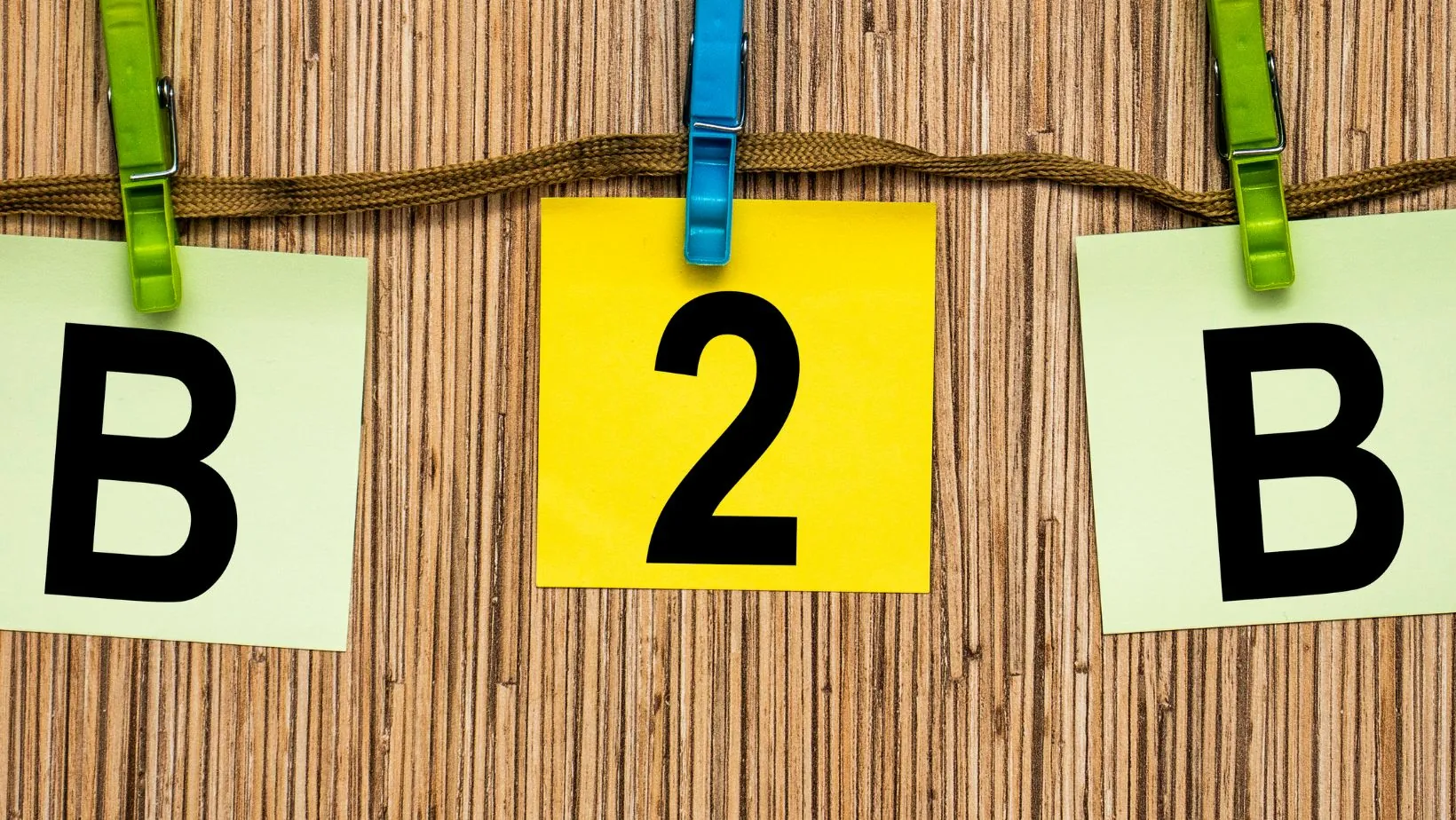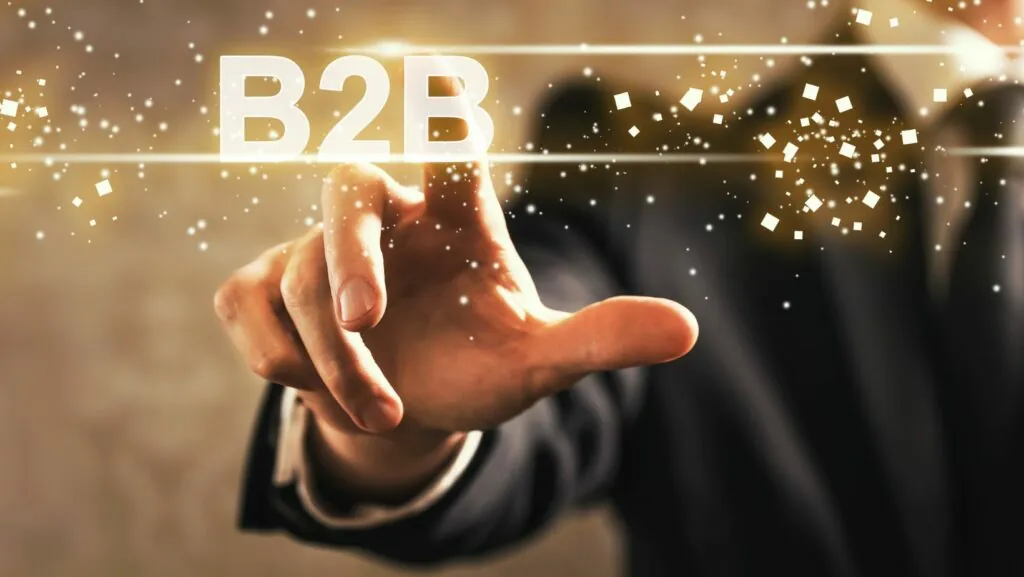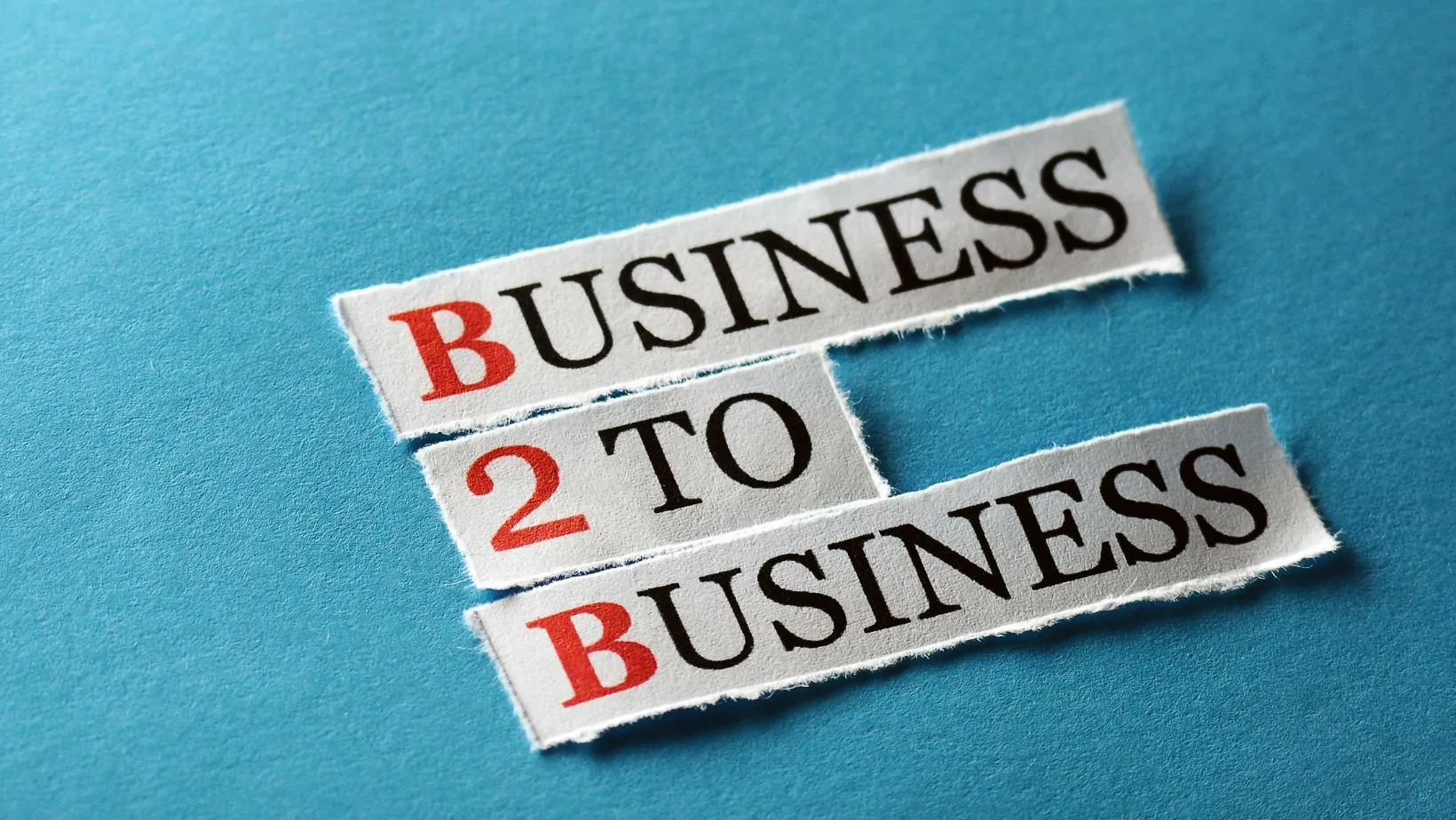Mastering B2B demand generation is today more crucial than ever. Companies face fierce competition and rapidly changing customer expectations, which makes generating high-quality leads a critical component of sustainable growth. At the heart of this transformation is technology, reshaping how marketers attract, engage, and convert prospects. This article explores how technology drives growth in modern B2B demand generation and offers insights into leveraging these tools for maximum impact.
Table of Contents
ToggleThe Changing Face of B2B Demand Generation
Demand generation in B2B marketing focuses on creating interest and awareness that drives qualified leads through the sales funnel. Unlike traditional marketing methods, which often rely on broad outreach and manual processes, modern demand generation harnesses data, automation, and digital tools to create more personalized, scalable, and measurable campaigns.
Recent studies show that over 70% of B2B buyers conduct research online before contacting a sales representative. This statistic highlights the importance of digital engagement and how technology-enabled channels — like content marketing, social media, email campaigns, and targeted advertising — play a critical role in influencing buying decisions.
How Technology Transforms Demand Generation
1. Data-Driven Insights for Targeted Campaigns
One of the most significant advantages technology brings to B2B demand generation is access to rich data. Advanced analytics platforms and customer relationship management (CRM) systems collect and analyze vast amounts of information about buyer behavior, preferences, and engagement patterns. This data allows marketers to segment audiences more accurately and tailor messaging that resonates with specific pain points and industries.
For example, predictive analytics can identify which leads are most likely to convert based on historical data, enabling sales and marketing teams to prioritize efforts efficiently. Incorporating such tools into demand generation strategies significantly improves the quality of leads and accelerates the sales cycle.
2. Automation for Efficiency and Scale
Marketing automation platforms have revolutionized how demand generation campaigns are executed. Tasks that once required manual input, such as sending follow-up emails, scoring leads, or managing content distribution, are now automated. This not only reduces operational overhead but also ensures timely and consistent communication with prospectsAutomation tools enable complex, multi-touch campaigns to run seamlessly across channels, nurturing leads at every stage of their buyer journey. For B2B marketers working with limited resources, automation can amplify their reach without compromising personalization or quality.
3. Personalization at Scale
Personalization has become a key expectation in B2B marketing, as buyers increasingly demand relevant and meaningful interactions. Technology enables personalization beyond using a prospect’s name in an email; it allows dynamic content creation based on behavioral triggers and preferences.
By integrating data from various touchpoints, marketers can deliver customized content, product recommendations, and offers that address individual needs. This tailored approach increases engagement rates, builds trust, and ultimately leads to higher conversion rates.

4. Multi-Channel Integration and Attribution
Modern B2B demand generation thrives on multi-channel marketing, where technology integrates efforts across email, social media, search engines, webinars, and more. Platforms that consolidate these channels into a single dashboard give marketers a holistic view of campaign performance and customer journeys.
Accurate attribution models, powered by AI, help determine which channels and tactics are driving the most value, allowing marketers to optimize their budget and strategies. This insight ensures that investment in technology directly correlates to measurable business growth.
Embracing Emerging Technologies
Beyond established tools, emerging technologies like artificial intelligence (AI), machine learning, and account-based marketing (ABM) platforms are pushing the boundaries of what’s possible in B2B demand generation.
- AI and Machine Learning: These technologies analyze complex datasets to predict customer behavior, personalize interactions, and automate decision-making. For example, AI-powered chatbots provide real-time engagement on websites, answering queries and qualifying leads instantly.
- Account-Based Marketing: ABM tools use technology to focus marketing efforts on high-value accounts with tailored campaigns, aligning sales and marketing teams. This precision approach reduces wasted effort and improves ROI.
Practical Tips for Leveraging Technology in Demand Generation
- Invest in a Robust CRM: Choose a CRM system that integrates well with marketing automation and analytics tools to centralize customer data and streamline workflows.
- Use Data Wisely: Prioritize clean, accurate data collection and regularly update audience segments to keep campaigns relevant.
- Automate Intelligently: Don’t over-automate at the cost of personalization. Use automation to complement, not replace, human touch where it matters.
- Measure Continuously: Use real-time dashboards and attribution tools to monitor campaign performance and adapt quickly.
- Train Your Team: Technology is only as good as the people using it. Regular training ensures your team can maximize the tools’ potential.

Conclusion
Mastering B2B demand generation in the modern marketing landscape is impossible without embracing technology. From data analytics and automation to AI-driven personalization and multi-channel integration, technology empowers marketers to generate more qualified leads, engage prospects more effectively, and demonstrate clear ROI.
As B2B buyers become increasingly sophisticated and digital-savvy, those businesses that adopt and optimize technology-driven demand generation strategies will gain a decisive edge in their markets. The future of B2B marketing lies in technology-powered growth — and mastering it is key to long-term success.

